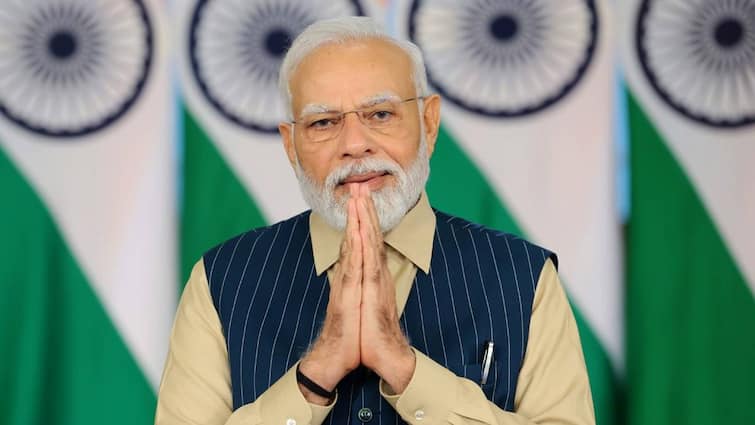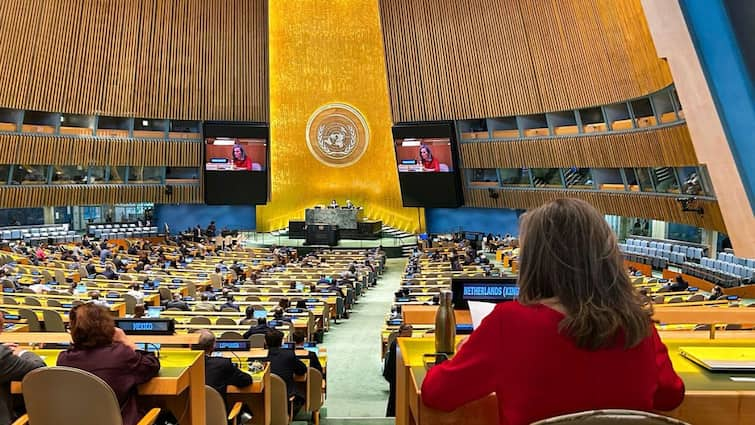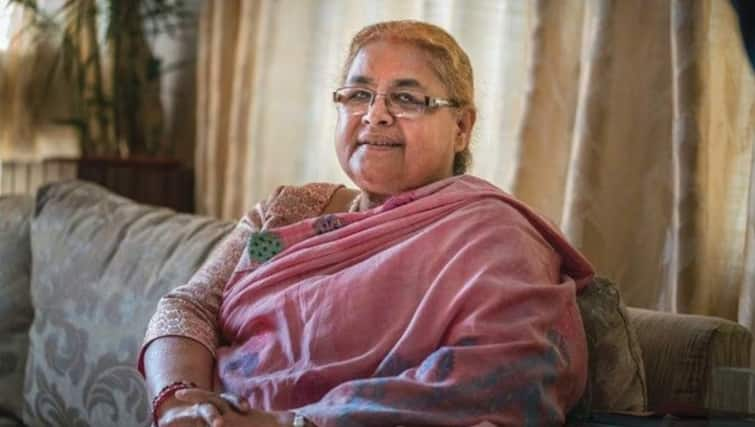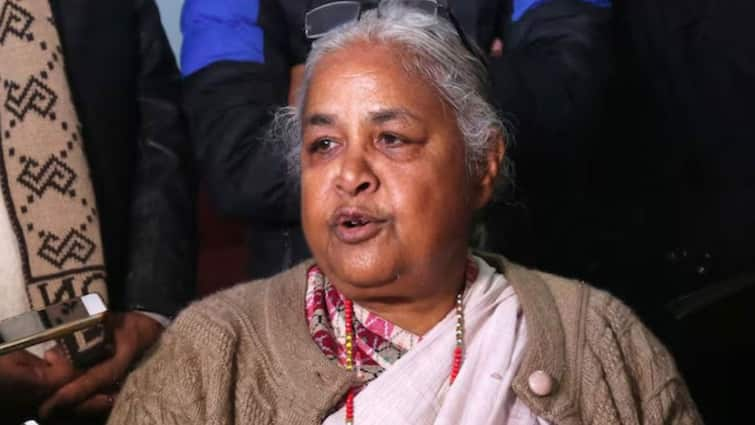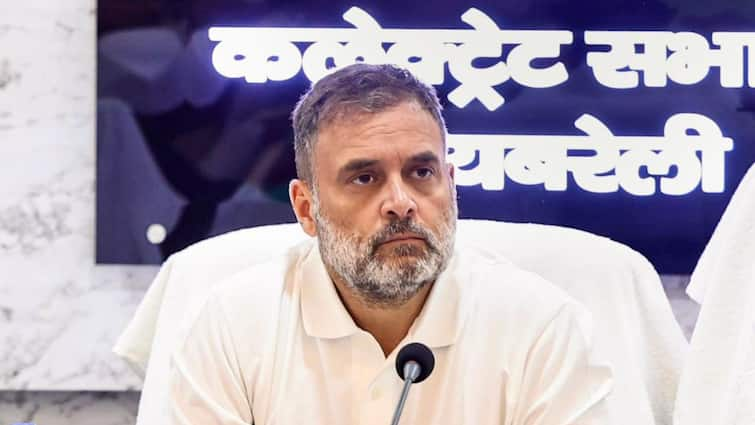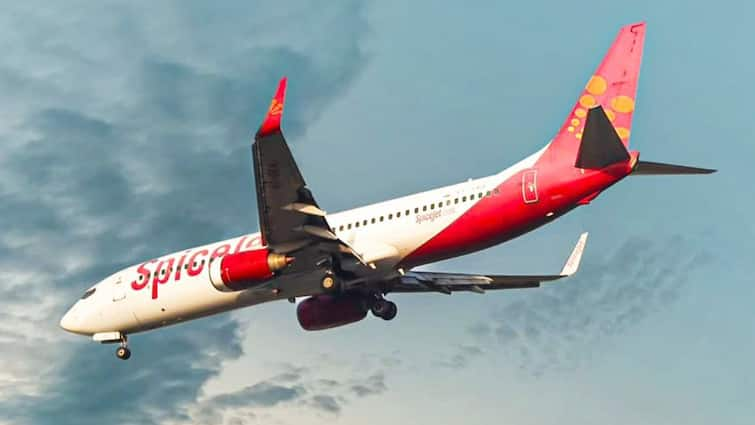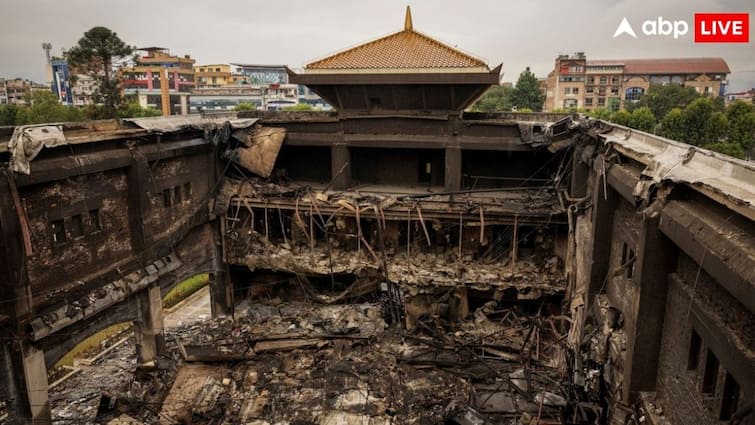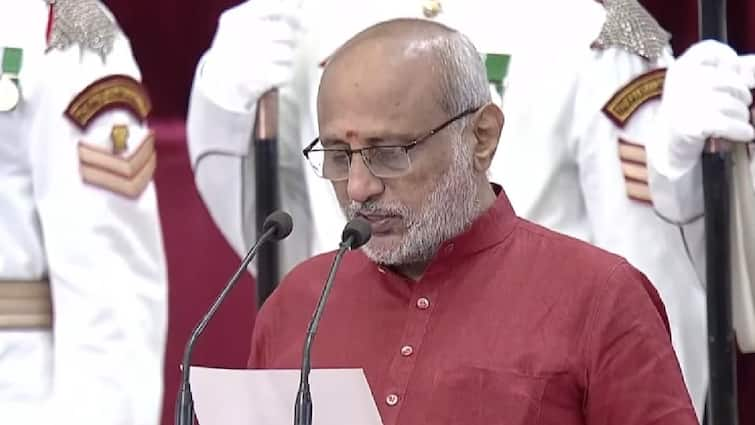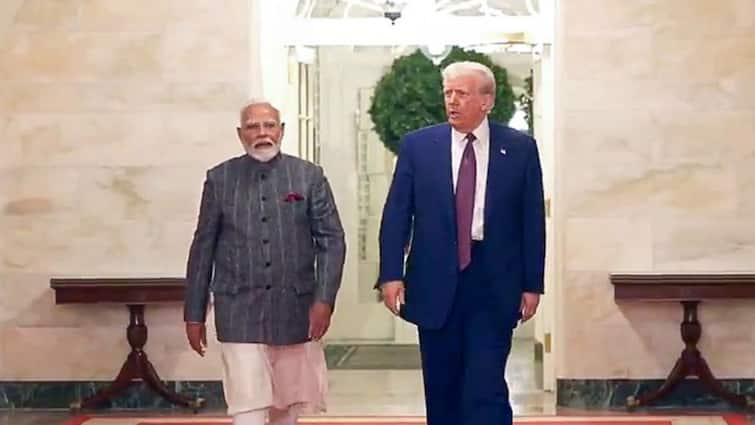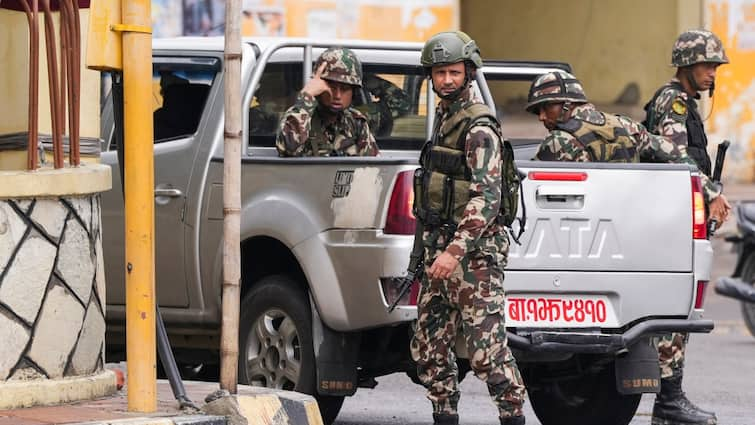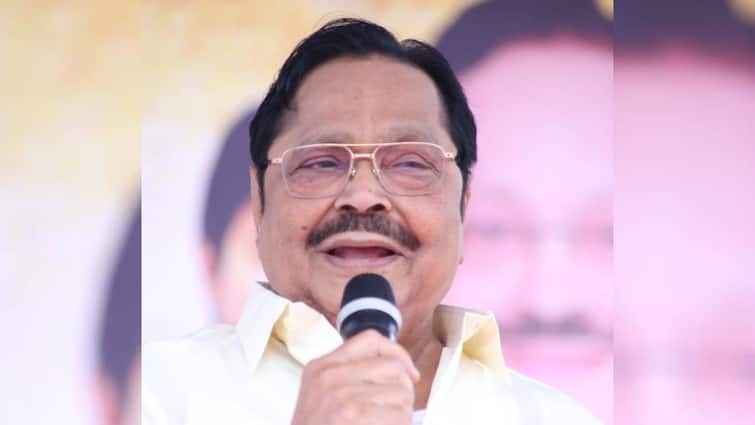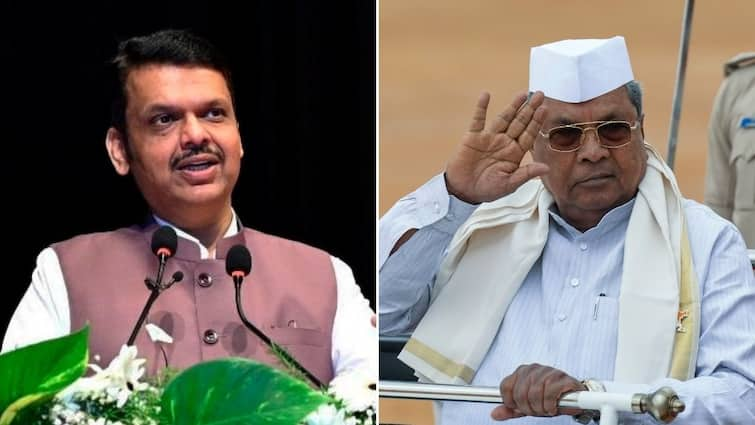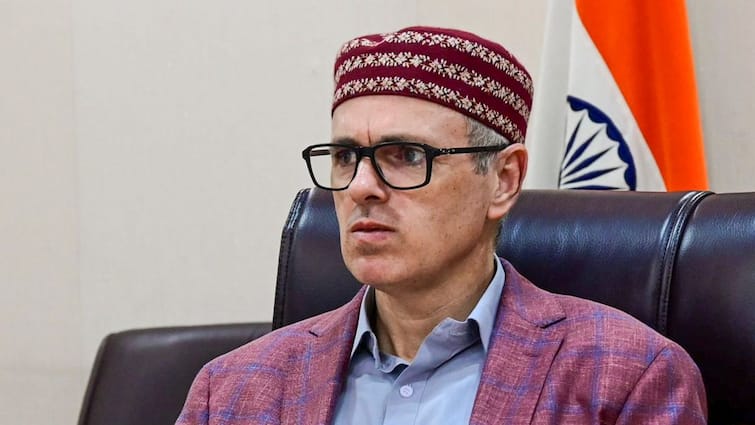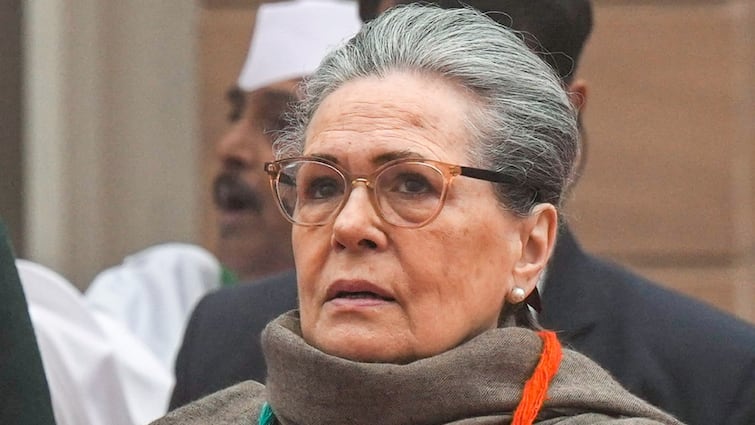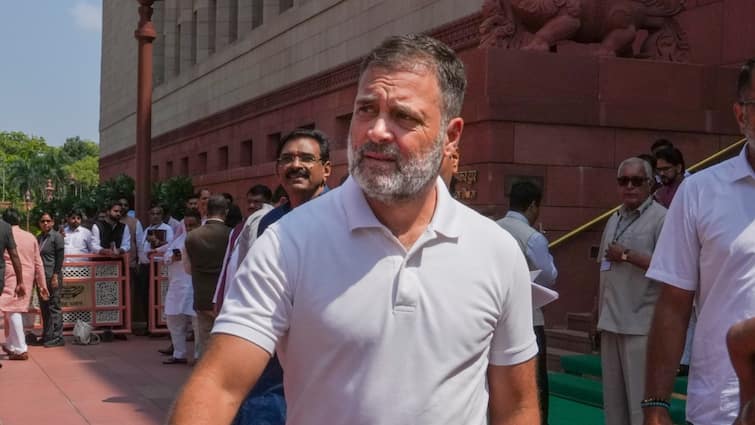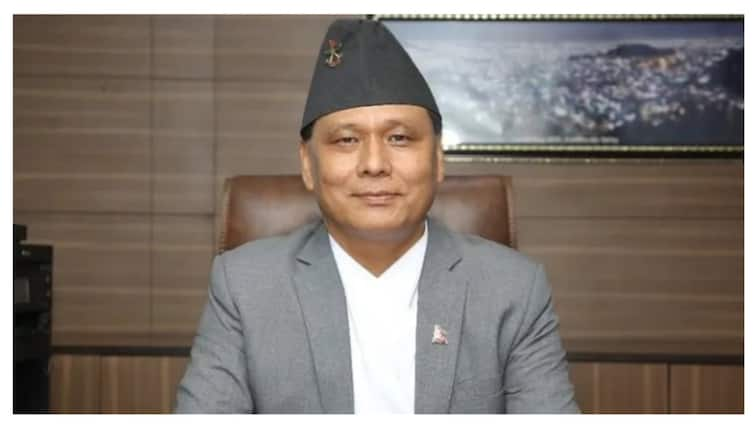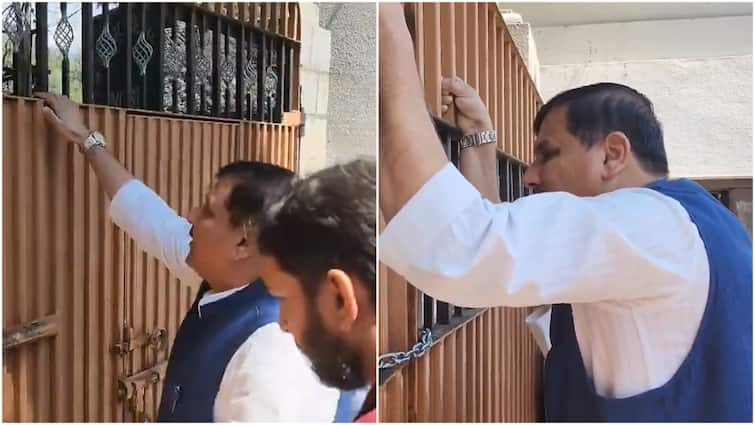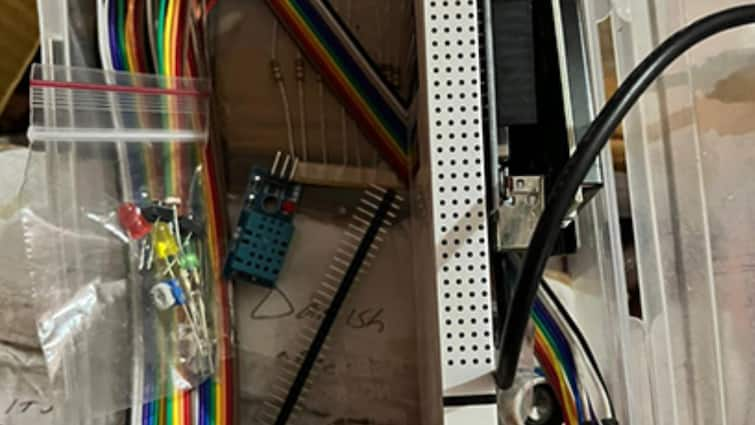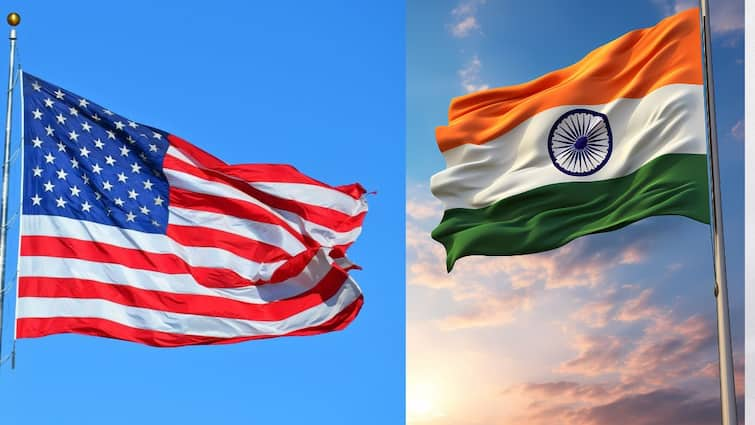
India remains optimistic about restarting discussions with the United States on a proposed Bilateral Trade Agreement (BTA), even as fresh tariffs imposed by Washington continue to weigh on exporters.
According to a senior government official, addressing the steep duties announced by the US will be a crucial step in any successful agreement, reported PTI.
Tariffs Pose Immediate Challenge
The official underlined that while India is keen to return to the negotiating table soon, no dates have been fixed for the next round of talks. “We are hopeful to get back on the table soon… whenever we strike a deal, both the tariffs (additional 25 per cent and 25 per cent on purchase of Russian oil) need to be addressed,” the official said.
The United States recently announced a 50 per cent tariff on Indian goods, doubling the earlier levy as part of a penalty linked to New Delhi’s continued import of Russian crude oil. The move has sparked concern among industry groups, with sectors like textiles, chemicals, and machinery expected to face the brunt of the trade restrictions.
Short-Term Pain, Limited Long-Term Impact
Officials from the Commerce Ministry acknowledged that exporters will suffer in the near term. “It is understood that 50 per cent tariffs are going to impact trade, especially the sectors on which tariffs are there. They will suffer some trade loss in the US. There will be an impact on textiles, chemicals, machinery, etc. for the short run, but it will not be a very long-term loss,” a senior ministry representative explained to ANI.
The official also noted that businesses are facing delayed payments and slowing orders, creating liquidity pressures for exporters. Some industry bodies have urged the government to revive measures introduced during the COVID-19 crisis to ease financial strain. “There is a very positive work going on to see how best we can implement their suggestions. The government is seized of the issue and their concerns are on our agenda,” the official added.
Government Response and Industry Support
To cushion the blow, the Centre is prioritising the rollout of the Export Promotion Mission (EPM), designed to support industries hit hardest by the tariff hike. “Fast rollout of EPM will fill this void and give some impetus and support to the industry. That is something we are focusing on,” the official said.
In addition, the government is working to expand export opportunities through e-commerce channels, supported by embassies and trade missions abroad. By facilitating greater B2B connections, officials believe Indian exporters will be able to tap new geographies and reduce overdependence on a handful of markets.
Negotiations and the Road Ahead
Talks for the BTA began in March, and five rounds have been completed so far. The latest round, scheduled for August 25 in New Delhi, was postponed by the US side. Differences remain, particularly over Washington’s push for greater market access in India’s politically sensitive agriculture and dairy sectors, which New Delhi has resisted to protect small and marginal farmers.
While some in the government hoped to resume trade negotiations, the official from the Commerce Ministry said any dialogue remained on hold right now. “Negotiations and retaliation cannot go hand in hand. Talks have not been taken off the table, but right now we are not discussing the next formal round,” the official clarified. Any eventual deal, they emphasised, must address the additional tariffs that have cast a shadow over trade relations.
A Wake-Up Call for Diversification
While the Commerce Ministry expects the tariff impact on GDP to be minimal in the long term, officials see the episode as a lesson for both government and industry. “Every little challenge or crisis is a new opportunity. It’s a wake-up call for industry and governments to see how we can diversify our exports, both in terms of the products we offer and the geographies where we sell,” the official remarked.
For now, India’s exporters brace for immediate pressures, while policymakers look to recalibrate strategies. The hope, however, remains that both nations will find common ground to resume trade negotiations and pave the way for a stronger, more balanced economic partnership.
trump tariffs
Doonited Affiliated: Syndicate News Hunt
This report has been published as part of an auto-generated syndicated wire feed. Except for the headline, the content has not been modified or edited by Doonited





